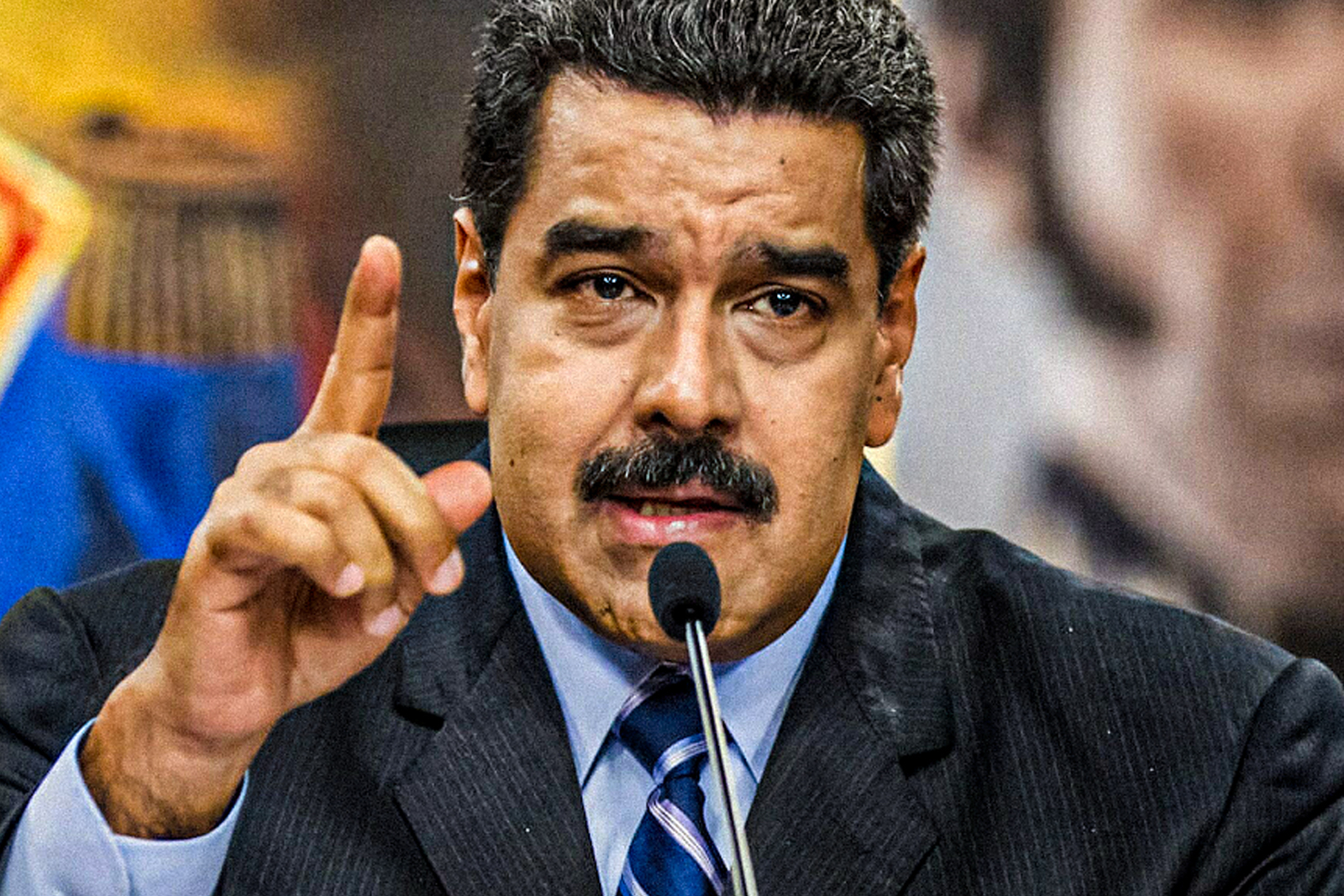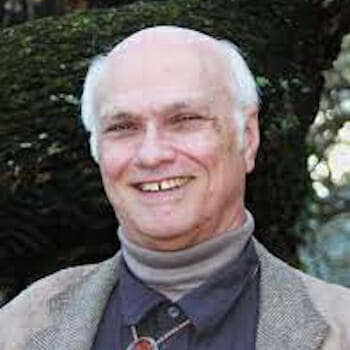
U.S.-Venezuelan Dialogue Frees Two Americans
The Venezuelan government announced on March 7 that it would be releasing two jailed American citizens, including Gustavo Cárdenas, one of the “CITGO 6” who was detained in 2017 and charged with embezzlement. The other detainee, Cuban-American Jorge Alberto Fernández, was charged with terrorism in February 2021 after bringing a drone into the country.
CNN reported in 2017 that the six had been summoned to Caracas via private jet on short notice for what they thought was an urgent business matter. Instead, all six were arrested, and President Nicolás Maduro announced the next day, “These people were born in Venezuela, they are Venezuelan, and will be judged as corrupt — thieves and traitors to the homeland.”
The fate of the five other CITGO 6 detainees [executives of CITGO Petroleum’s U.S. branch] remains uncertain, as does that of two Venezuelan fugitives currently living in the U.S. who were convicted but never sentenced by the U.S. for corrupt practices linked to Venezuela’s state-owned Petróleos de Venezuela, SA (PDVSA). CITGO, a Houston-based company, was acquired by PDVSA over 30 years ago.
Despite the recent diplomacy, U.S. citizens Jorge Toledo, José Luis Zambrano, Tomeu Vadell and Alirio José Zambran, as well as permanent U.S. resident José Ángel Pereira, remain in custody. The five, along with Cardenas, were convicted in November 2020 on controversial charges, but in November 2021, a Venezuelan judge granted an appeal of their sentences.
Opposition from within both nations has apparently put a halt to recent talks about resuming U.S. imports of Venezuelan oil, but hopes remain for the release of the other five CITGO detainees.
Perhaps another type of deal – involving Venezuelan fugitives living in the U.S. and elsewhere – is in the works that could secure their freedom.
In 2016, Venezuelan citizen Abraham José Shiera Bastidas pleaded guilty to foreign bribery and tax charges for his role in a scheme to corruptly secure energy contracts from PDVSA. His fellow Venezuelan partner in crime, Roberto Enrique Rincón Fernández, pleaded guilty to similar charges three months later.
The pair, both of whom have been living in the U.S., were convicted of bribing company employees for assistance in winning energy contracts and in laundering the proceeds of the bribery scheme. Both are wanted by Venezuelan officials for their crimes. Under the terms of their guilty pleas, both were supposed to forfeit their criminal proceeds.
Despite their convictions six years ago, Shierra and Fernández, who both continue to profit from their other energy businesses, remain free. Fernández is out on a $5 million bail, while the bail for Shierra was only $1 million. After multiple delays (Fernández’s sentencing has been delayed over 20 times), their sentencing is now set for April.
Questions abound as to why these two have remained free on bail for so long.
Some have noted that, while Fernández has been living in a Houston suburb, his family reportedly owned a unit in Trump Towers Sunny Isles. Moreover, Shierra, who lives in South Florida, has been represented by the law firm Kasowitz Benson Torres, whose principal, Marc Kasowitz, has been President Trump’s personal lawyer. Back in 2017, Dr. Vanessa Neumann, author of Blood Profits: How American Consumers Unwittingly Fund Terrorists, questioned whether a $500,000 donation to the Trump presidential campaign from PDVSA had actually come from Russian sources.
A year after Shierra and Fernández were convicted, Venezuelan officials moved against the CITGO 6. The U.S. has asserted that all of the six are innocent victims who had merely traveled to Venezuela for a business meeting with PDVSA and were instead “set up, duped, and imprisoned on specious charges without due process or a fair trial.”
A year later, the Maduro government formally sought extradition for Rincon and Fernández under a 1922 treaty with the U.S. that provides for extradition in instances of “obtaining money, valuable securities, or other property by false pretenses.” The PDVSA had stated in 2016 that it was a victim of fraud and demanded that the pair reimburse the company for financial losses totaling $600 million.
Venezuela has also long sought extradition from Italy of former PDVSA President Rafael Ramírez, whom Maduro has accused of profiteering from his position. The Italian high court last year refused to extradite Ramírez, citing human rights violations in Venezuela. The action reversed a lower Italian court ruling that favored Ramírez’s extradition.
Curiously, Ramírez on his own website in May 2019 had offered a lengthy discourse claiming that, “The ruin and destruction of PDVSA has been one of the greatest crimes of Maduro’s government against [Venezuela].” Ramírez had cast his tenure at PDVSA as a huge success “thanks to the confidence entrusted in me by [the late] President [Hugo] Chávez.”
Is President Nicolás Maduro playing a long game – demanding the extradition of Shierra and Fernández (and perhaps pressuring Italy to extradite Maduro’s enemy Ramírez) as the price of freedom for the five remaining CITGO executives? We will just have to wait and see.

